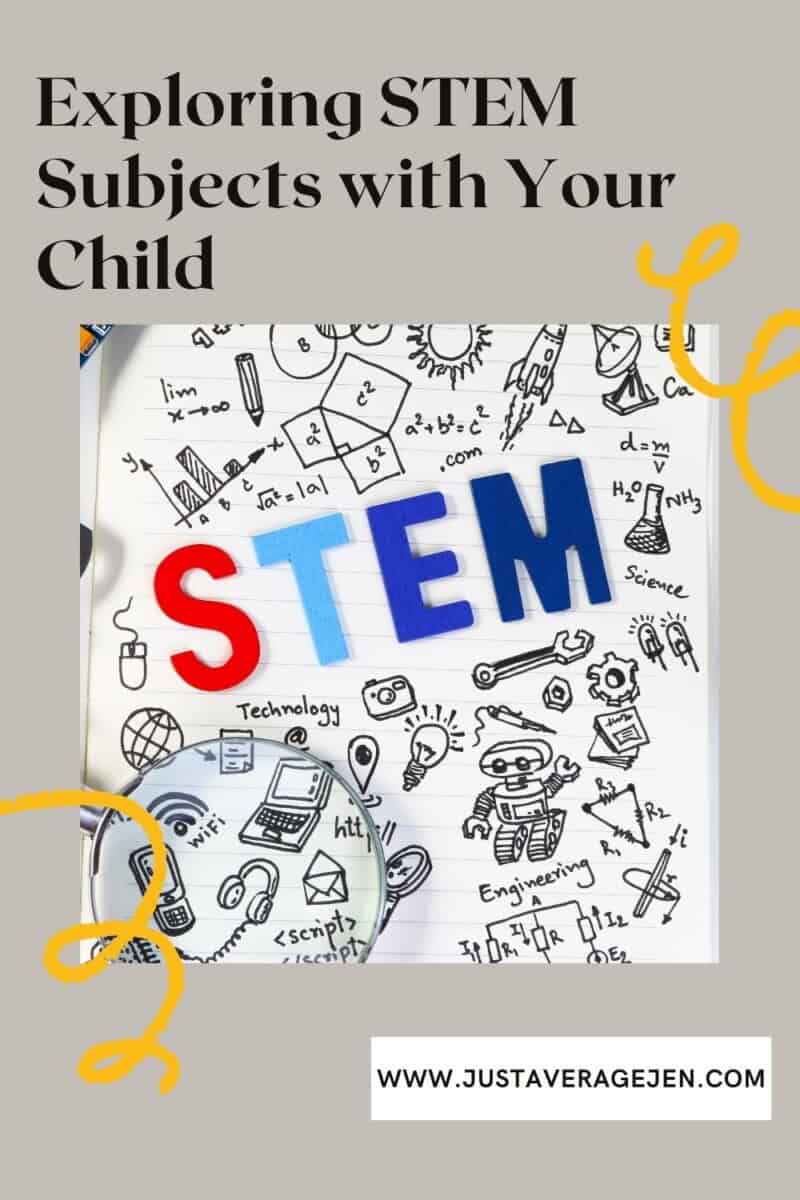Exploring STEM Subjects with Your Child
This is a collaborative post.
Qualifications in STEM subjects can lead to a range of amazing career opportunities for young people. But what actually is STEM and how can parents help their children develop STEM-related skills? Simply put, STEM stands for Science, Technology, Engineering and Maths and refers to any subjects which fall under this umbrella.
Of course, these subjects are incorporated into the curriculum in most schools so that children are able to develop key skills from a young age. It’s important for children to understand how STEM subjects are important in the real world, as provide people with the knowledge and abilities to find cures for diseases, investigate crime scenes and even explore space.
I have teamed up with a junior school in Hertfordshire to explore ways in which you can help your child with STEM at home.

Talk about STEM subjects
First of all, try and make these subjects something you talk about on a regular basis. Mealtimes are a great opportunity for you to sit down as a family and discuss a new technological invention, career idea or medical breakthrough.
Next time you’re driving somewhere with your child, ask them if they know what makes the engine work. When you’re out for a walk, talk about nature. At night-time have a look at the moon and the stars and chat to your child about space.
These types of conversations will help your child develop an interest in these stem subjects, spark their curiosity and generally just encourage them to investigate and learn more.
Using baking to encourage STEM
If your child is a fan of cooking or baking, use it as an opportunity to explore STEM. Talk about the particles in the liquids, solids, and gases, and why they change if they’re melted on the stove or left in the freezer.
Talk about how food changes once it’s been in the oven and why it can’t be reversed. Encourage your child to measure and weigh ingredients and calculate oven times, to help them with their numeracy skills.
Using Stem daily
Anything can become a STEM lesson if you choose to see it that way! You can set up safe science experiments with regular household items, build a marble run or plant some seeds in the garden.
Even if your child is watching TV, you could put on a documentary for them to turn it into a learning experience without them even realising it. Encourage your child to ask lots of questions and if you don’t know the answers, use it as an opportunity to research and learn together.
Other parenting and educational articles you may find helpful
- The importance of English literature in education
- How to raise an optimistic child
- Benefits of English literature for your children
- Should I send my child to an international school?
- 3 ways to give your child a head start in life
- How to raise a respectful child
- The benefits of drama classes in schools
- Educational activities for the school holidays
- Buying the best gifts to get kids of screens
- My first drone – a review
- 5 things to teach your teenager about food
